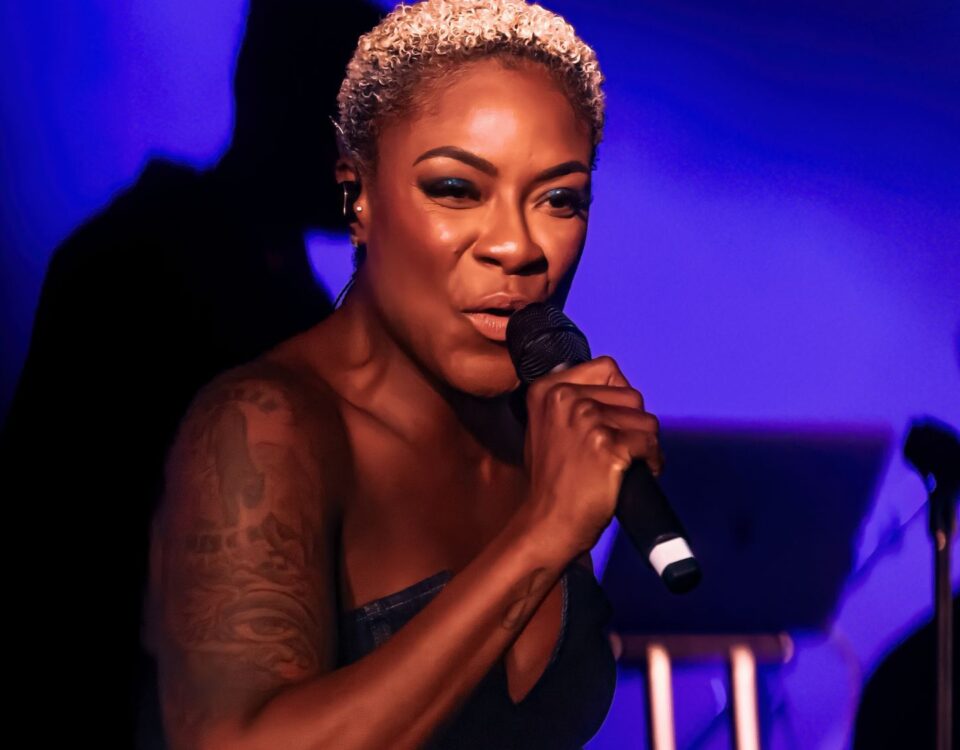The power of human storytelling, its quality and originality.
AI and writing
Janet Jarrell

In the summer and fall of 2023, spanning a total of 148 days, the film and television industry found itself at a standstill as the Writer’s Guild of America (WGA) battled with the implications of the use of Artificial Intelligence (AI). This battle disrupted the production of many of our favourite shows and left audiences eagerly anticipating the release of movies, potentially leading to job losses for thousands involved in these projects. Actor allies stood alongside writers, demanding respect in an era increasingly reliant on unregulated AI. The uncertainty surrounding the return of these shows left audiences worldwide in limbo.
However, amidst the chaos, a profound realization emerged – the essential (vital?) role of writers, their creativity, and unmatched talent in the craft of storytelling. This acknowledgment underscored the importance of respecting their contributions, leading the public masses to rally behind the writers’ cause.
Every news show and newspaper across the nation was covering this strike action. Editors and publishers were quick to update their submission guidelines, protecting the integrity of their publications and the talented writers that contributed to them. Even the QAC updated its guidelines as we began hearing concerns from our literary community. We are committed to publishing articles written and edited by humans. We reserve the right to reject any submission that we suspect to be primarily generated or created by language modeling software, ChatGPT, chat bots, or any other AI apps, bots, or software.
There is a real fear of AI and what it could do to writers; a major concern is the loss of human storytelling, its quality and originality.
Secondly, writers, editors and other creative professionals being replaced by AI generators. For example, if the industry was to have AI generate a novel and then have a writer adapt it, that would not only deny a human writer the royalties of having their book used for tv or film (and all of the benefits from having that happen: notoriety, future contracts etc), it would also reduce the wages for the writers and editors.
There are ethical considerations with authorship, intellectual property rights, and transparency. Where do you think AI goes for ideas? It scans the internet for, among other things, previously written novels by humans.
If this were permitted, it would devalue writers. Further, the loss of creative control and the impact on diversity and representation as algorithms may be trained on biased datasets.
Thankfully, the outcome was in favour of the writers – for now…
According to the Guardian, “Hollywood writers scored a major victory…in the battle over artificial intelligence with a new contract featuring strong guardrails in how the technology can be used in film and television projects. The writers’ contract does not outlaw the use of AI tools in the writing process, but it sets up guardrails to make sure the new technology stays in the control of workers, rather than being used by their bosses to replace them.”
In a decision that could easily be a model for other industries, “This is the first step on a long process of negotiating and working through what generative AI means for the creative industry – not just writers but visual artists, actors, you name it,” says David Gunkel, a professor of media studies at Northern Illinois University and author of Person, Thing, Robot.


